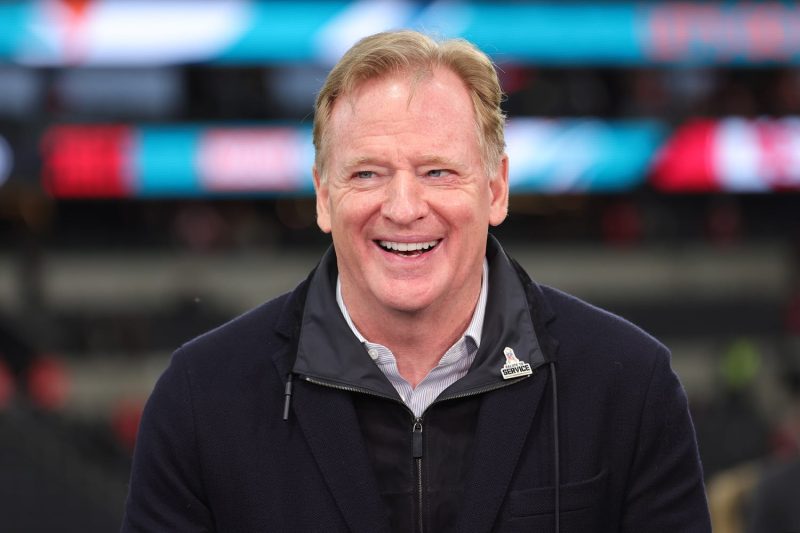The recent announcement by NFL Commissioner Roger Goodell regarding the potential for private equity ownership of up to 10% of NFL teams has sparked a wave of discussion and speculation within the sports industry. This proposed shift in ownership structure has the potential to significantly impact the landscape of professional sports franchises and could have far-reaching implications for the league as a whole.
One of the key implications of allowing private equity ownership in NFL teams is the infusion of additional capital into the league. Private equity firms are known for their ability to provide significant financial resources to companies in which they invest, and this influx of capital could have a number of positive effects for NFL teams. Teams could use this additional funding to invest in player development, stadium infrastructure, and other key areas that can help improve the overall quality of the league.
Additionally, private equity ownership could bring new perspectives and expertise to NFL teams. Private equity firms often have extensive experience in managing and growing businesses, and the owners they install at their portfolio companies are typically seasoned executives with a track record of success. By bringing in private equity owners, NFL teams could benefit from this wealth of business knowledge and experience, which could help them make more informed decisions and navigate the increasingly complex and competitive sports industry.
However, there are also potential drawbacks to allowing private equity ownership in NFL teams. One concern is that private equity firms may prioritize short-term profits over the long-term health and success of the team. This could lead to decisions that benefit the owners financially but are not in the best interests of the team or its fans. Additionally, private equity ownership could potentially introduce conflicts of interest or other ethical concerns that could damage the reputation of the league.
Overall, the NFL’s potential openness to private equity ownership represents a significant shift in the traditional ownership model of professional sports franchises. While there are potential benefits to this move, including increased capital and expertise, there are also risks and challenges that must be carefully considered. As discussions around this topic continue, it will be important for the league to carefully weigh the potential pros and cons of private equity ownership and consider how this shift could impact the future of the NFL and professional sports as a whole.
